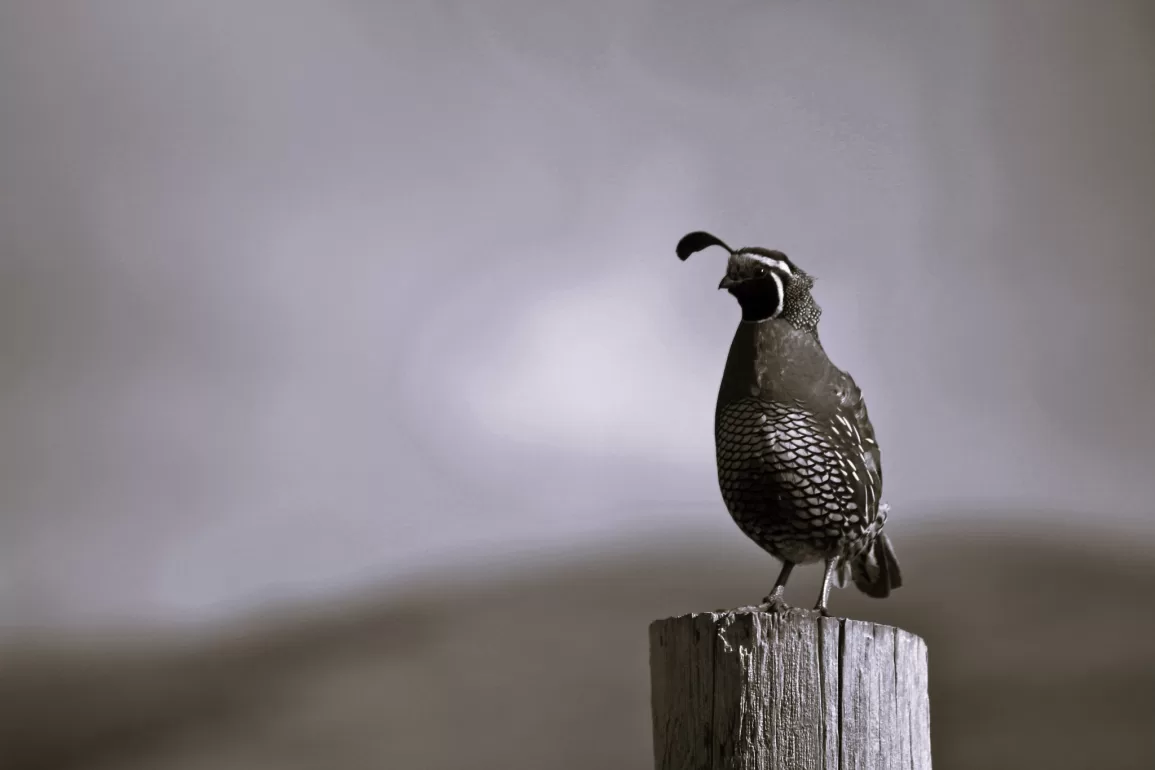I was my paternal grandfather’s least favorite grandchild. My father’s parents lived in Marshall, a small town to our west, and were farmers by experience and temperament, even though they lived in town and not at their farm, a quarter section of pastures and old growth woods on the chalky hills of the Missouri River Valley. My mother’s parents lived to our east in St. Louis. I thought this symmetry must be universal: one had country grandparents and city grandparents....

Watching Birds Rise by Tom Riley
nonfiction
